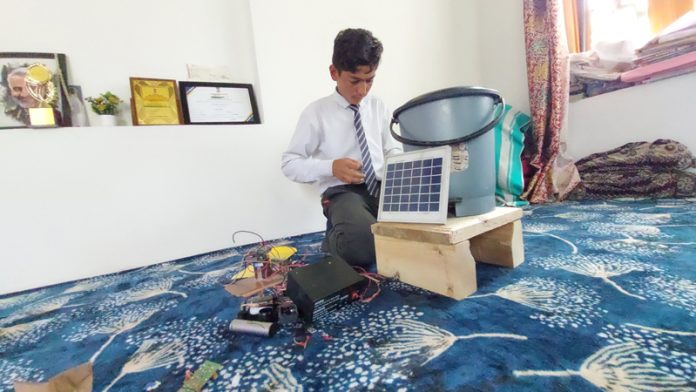
THE Universal Declaration of Human Rights, an international document adopted by the United Nations General Assembly (UNGA) in 1948, and the Global Compact for Safe, Orderly and Regular Migration, an internationally negotiated but nonbinding agreement formally endorsed by the UNGA in 2018, are not explicit about what linguistic rights migrants have exactly. But from what they do say about the rights of every human being and of every migrant, one might be able to deduce what linguistic rights migrants should have. As with everyone else, migrants are entitled to receive basic services, most especially health and education.
Such services need not necessarily be in their native language but at least in a language they understand. Health care is very important, and migrants should be able to access health care services without language impediments. Migrants, particularly school-age ones, are also entitled to education.

Education is for all, migrant or not. It is expected that public education in the destination countries is in the local language. Despite this, migrants should still be able to have access to public education.
In fact, the governments of destination countries must have provisions to help migrants integrate into the local educational system and learn the destination language. It is imperative that these governments have programs in this regard. Destination countries must craft language policies and programs that are migrant-inclusive.
These policies and programs should make the learning of destination languages less challenging for migrants. Linguistic integration programs are keys to successful migration and migrant integration, and so the governments of destination countries must put this on their list of priorities, most especially those becoming increasingly dependent on migrants. As mentioned earlier, basic services such as health care and education must be made accessible to migrants, regardless of language.
It is, of course, impossible to make these services available in the native language of every migrant in the destination country. Still, governments must find a way to enable migrants to access these services in a language they can communicate in. This could be English or simplified forms of the destination language.
In rather extreme and rare circumstances, destination governments must have a mechanism to offer special services to migrants who are unable to communicate in the destination language. Migrants must not be discriminated against over the language they can or cannot speak, most especially when language is a non-issue in receiving basic services, gaining employment or attending school. Migrants must be assessed for their language proficiency justly and appropriately, keeping in mind that they might have probably only learned to speak the destination language recently.
The governments of destination countries must also put up programs to allow migrants to continue learning and using their own languages, most especially the younger ones. Finally, more than simply being objects of research, migrant languages must be documented so that governments would be able to understand clearly the dynamics of language use among migrants and how language policies and programs for migrants should be properly designed. As minorities, migrants are already on the margins of destination societies.
They were even further disadvantaged during the coronavirus pandemic. That situation brought to the fore the need to be cognizant of their plight during crises or emergencies. Particularly vulnerable are migrants who are unable to speak the destination language and ask for help when they need it.
Governments of destination countries, with the help of locals, must find ways to reach out to migrants in times of crisis or emergency, even if language is an issue. Language barriers must not be a reason for society to abandon migrants. Ariane Macalinga Borlongan is one of the leading scholars on English in the Philippines and is also doing pioneering work on language in the context of migration.
He is the youngest to earn a doctorate in linguistics — at age 23 — from De La Salle University. He has had several teaching and research positions in Germany, Japan, Malaysia, the Philippines, Poland and Singapore. He serves as a consultant to the Oxford English Dictionary.
He is presently an associate professor of sociolinguistics at the Tokyo University of Foreign Studies in Japan..














